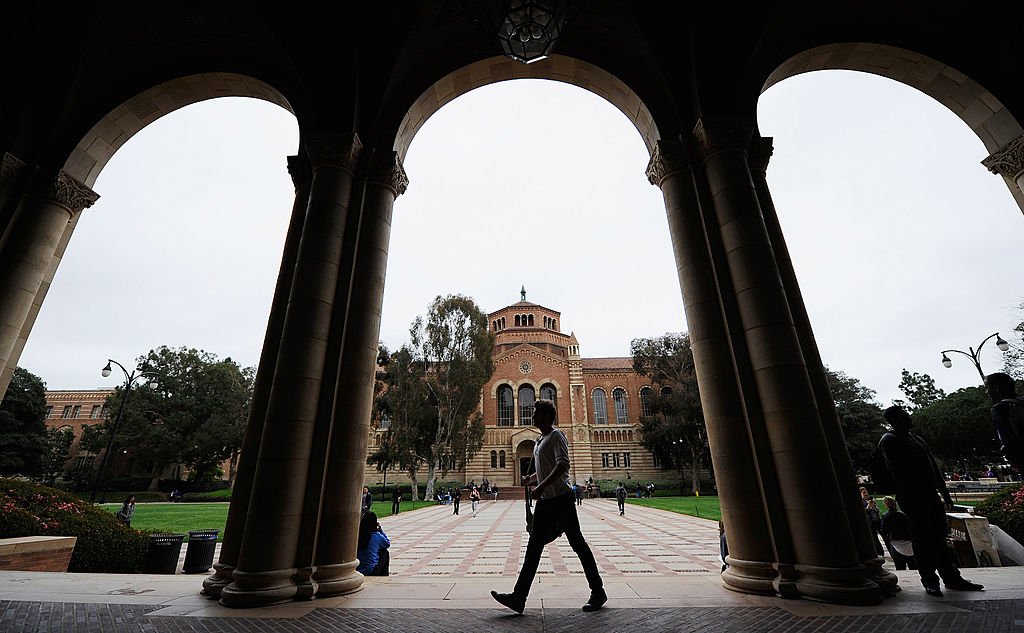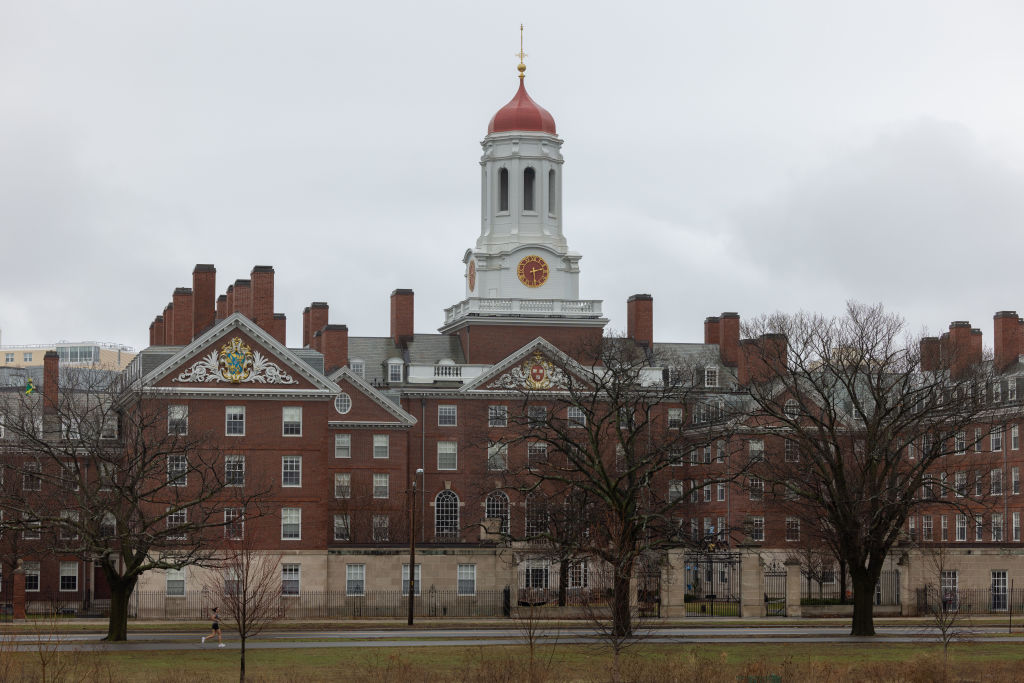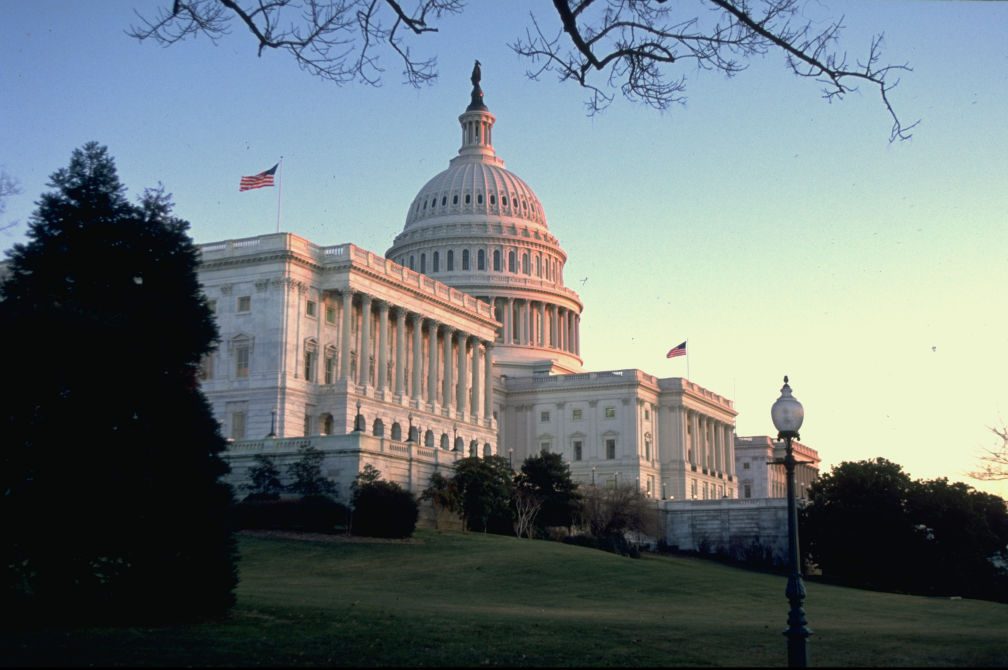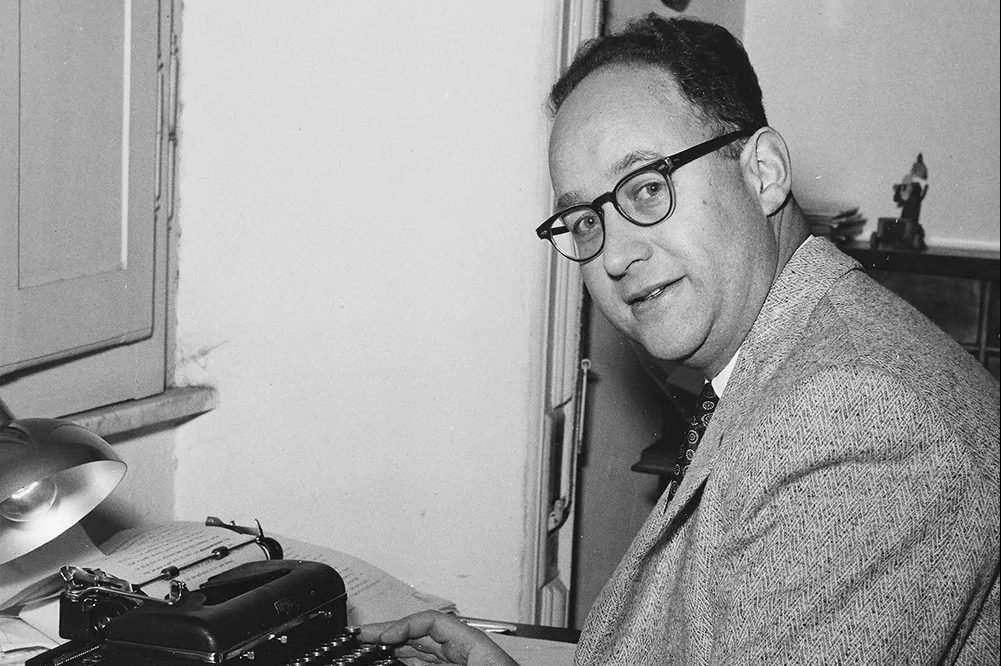François-Marie d’Arouet (1694-1778), commonly known as Voltaire, devoted his life to waging intellectual warfare against Christianity — the Catholic Church and Catholic culture in particular — along with its historic political and social allies, royalty and monarchy, which he condemned as a monstrous entity in his famous battle cry“Écrasez l’Infȃme!”
Given his aims as a polemicist, a deist and a republican, Voltaire did not misconstrue the enemy whose destruction he called for. Two centuries after the Protestant Reformation, the Roman Church and Reformed Christianity remained the dominant religious, political, intellectual and cultural influences of his time in Europe and the Western world: the eighteenth-century equivalent of Oxbridge, the Sorbonne, the Ivy League and Stanford — inter alia — and the less glamorous public institutional components of what is called “higher education” and “high culture” in the twenty-first century. Today, that culture and the institutions that created and support it constitute a progressive monoculture at least as uncompromising and intolerant as the traditional Infâme that disgusted and enraged Voltaire, though without possessing the intellectual inheritance, moral seriousness and history of intellectual accomplishment of its towering predecessor.
Some years ago, I was at a dinner party in Manhattan hosted by the editor of a distinguished magazine who stated unequivocally over the postprandial drinks that the sole effective way to deal with the problem of the postmodern university is to destroy higher education root and branch and replace it with something entirely different. He was right, of course.
Still, the pursuit of this academic scorched-earth policy would do little or nothing to address the broader and most besetting problem of our time, which is the over- and under-education of Western societies. By this I mean that education on a mass scale is adjusted to and reflective of the limitations of the average citizen’s intellectual abilities and his competency. The result of this trend has been the creation of an ostensibly educated class, the product of a faux-education that gives it a vastly exaggerated estimation of the importance of education itself, and with it a commensurately inflated view of its own intellectual attainments and importance.
It is a good and necessary thing that practical people, those belonging to the governing classes in particular, should have received an excellent and comprehensive education. It is equally a bad thing for the modern professional intellectual class comprised of people for whom practicality, and even a commitment to simple human and metaphysical reality, are hardly among the highest and most useful of human attributes, to be advanced into the governing class, which is consequently encouraged to value universities and intellectualism far above their actual worth, and with them the fashionable concepts, ideas and attitudes of so-called “intellectuals” and “experts.” When this process occurs, as it has been doing throughout the West since 1945, the results are necessarily disastrous, as indeed they are proving to be today.
As the solution to reforming the colleges and universities is to burn them down (metaphorically speaking in most instances, though not perhaps in all) and rebuild them from the ground up, so the answer to the metastasized problem throughout society — but most dangerously in government — is the reversal of the excessive intellectualization and ideological infusion of postmodern institutions. We must return serious philosophical speculation, intellectual theorizing and social observation to their proper spheres, which would be the institutions of higher learning restored to their previously rigorous standards of serious and disinterested thought, and to their historical social position and cultural role in society.
Before the advent of Deweyism and other forms of supposedly progressive education in the 1920s, America and Americans had a high regard for education — arguably, too high a one. In the colonial period, public education beginning with the early grades was one-third practical, one-third religious, one-third patriotic. Following the War Between the States, Teutonic notions of education, notably specialization and professionali- zation, transformed American universi- ties in the 1870s and 1880s. After Dewey and World War Two, public schools in the United States became little more than sports teams hitched to engines for the socialization of youth to American democratic norms and the promotion of “personal adjustment.” Beginning in the 1960s, the best universities transformed themselves from Ivy League social clubs, or imitations of them, into self-conscious intellectual factories for the production and advancement of mathematical and scientific geniuses, future mandarins of the ancient Chinese and modern French types, morally earnest sociologists and social planners yearning to build the New Jerusalem Without Jesus, and lawyers wanting to achieve roughly the same ends while being enormously better paid for their efforts.
Inevitably, an increasing number of such people either ran for elective position in governments whose politics increasingly reflected their own, or got themselves appointed to — or hired by — them and their affiliated bureaucracies. It was from their ranks, plus a generous percentage of upwardly mobile men and women from the world of corporate business, that the new — the latest — Infâme was born.
Were the members of this New Class as brilliant, learned, witty and amusing as Voltaire and certain of his fellow Lumières, they might — conceivably — possess some redeeming social and civilizational value in the low, dishonest, dangerous and intellectually morally and demented era they are largely responsible for creating. The truth being what it is: Ḗcrasez l’Infâme, citoyens — encore une fois!
This article is taken from The Spectator’s June 2023 World edition.

























